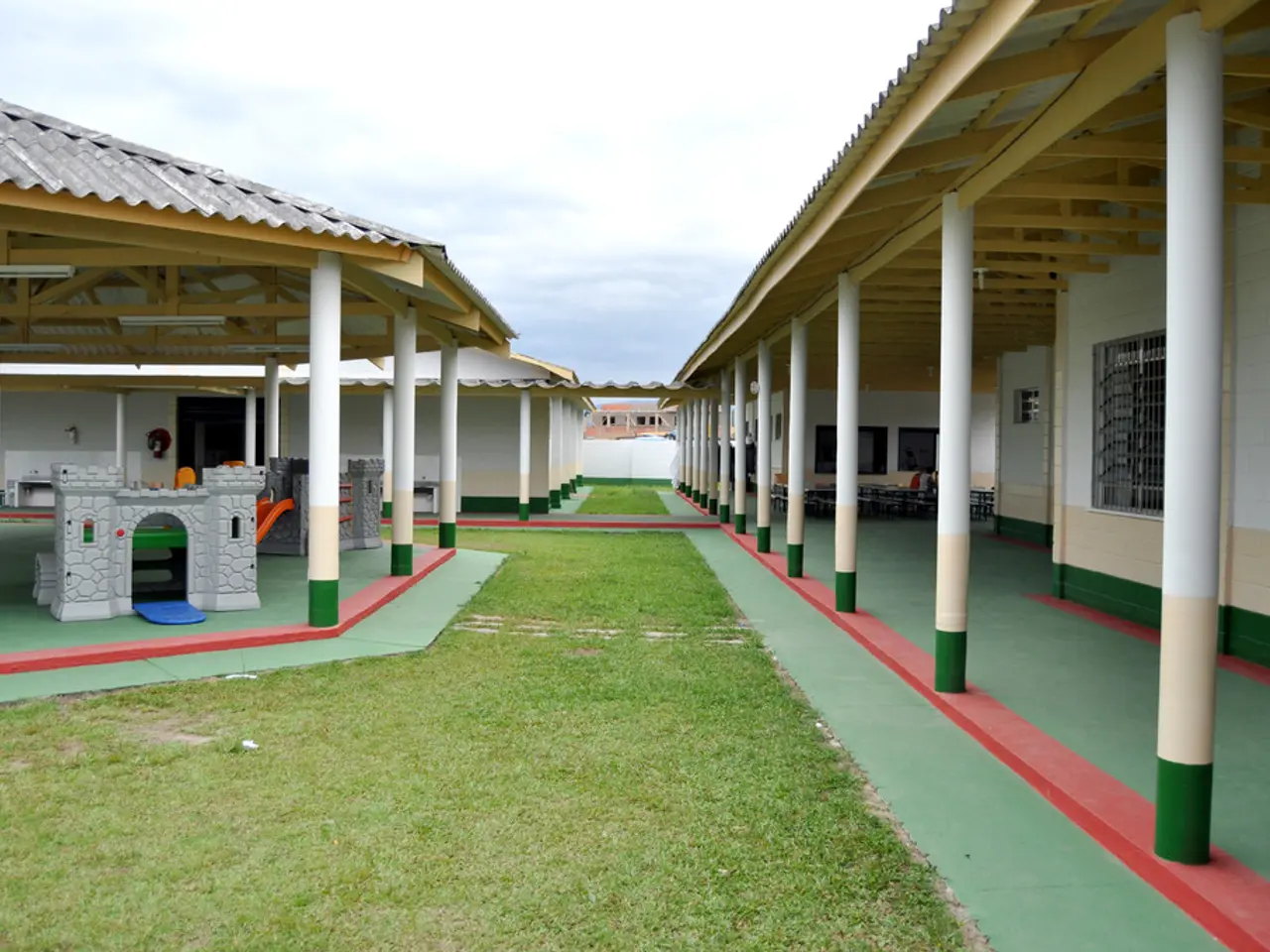Trump enacts an executive decree, aimed at streamlining the process of relocating homeless individuals from city streets
In a move that has sparked controversy, President Trump has signed an executive order aiming to overhaul the U.S.'s approach to homelessness. The order, set to take effect in 2025, focuses on expanding involuntary civil commitment, increasing institutionalization, and shifting funding away from housing-based and harm reduction programs towards a punitive, law enforcement-centered approach.
The order directs states to treat homelessness and associated mental illness more like criminal behavior, encouraging local governments to forcibly hospitalize homeless individuals with mental health issues and place them in long-term institutions. It also prioritizes funding for programs that require sobriety and treatment, and for cities that enforce homeless camping bans.
This shift marks a significant policy change from the widely supported Housing First model, an evidence-based approach that provides stable housing before addressing other needs like treatment or employment. Critics, including experts and advocacy groups, argue that the order is outdated, ineffective, and harmful, warning it will worsen homelessness by denying essential funding to life-saving housing programs and prioritizing costly institutionalization, which historically infringes on civil rights and fails to solve root causes.
The National Alliance to End Homelessness and National Homelessness Law Center state that the order is rooted in myths about homelessness and will increase the number of people living unsheltered, worsen public health outcomes, and divert resources away from proven solutions.
The administration's justification highlights a rise in homelessness due to high rents and mental health or addiction challenges but fails to address the core issue of affordable housing. Instead, the policy prioritizes law enforcement and forced treatment—practices considered unethical, illegal, and ineffective by critics who argue that stable housing combined with supportive services is the key to reducing homelessness.
The annual count of homeless people in the U.S. last year showed more than 770,000 people living in shelters or outside, up 18% from the year before. Critics argue that the executive order does nothing to solve homelessness and could make it worse.
The order also includes provisions for involuntary civil commitment for those who pose a risk to themselves or others and changes to make it easier for states and cities to remove outdoor encampments. The conservative Cicero Institute, which has been lobbying for many of the items in the executive order regarding homelessness, contends that the housing first strategy made homelessness worse by not doing enough for those who need treatment.
The order calls for the defunding of addiction programs that include "harm reduction," and directs certain departments to assess federal grant programs and prioritize places that crack down on illegal drug use, urban camping, and loitering. However, this could disrupt frontline health care programs that work to reduce overdoses from fentanyl and other street drugs.
The impact of the executive order is forecasted to be negative by homelessness experts, who warn it will exacerbate homelessness, violate civil liberties, disrupt effective community-based programs, and undermine progress made through housing-first approaches. The order reflects a conservative backlash to the bipartisan approach of getting people off the streets and into housing first, then offering them mental health or addiction treatment.
- The new policy, rooted in conservative politics, encourages a shift from the Housing First model, prioritizing punitive practices and increasing credit for programs that enforce policies against homeless camping and require mental-health and addiction therapies-and-treatments.
- ESG index investors may reconsider their funding for cities and states implementing the order, as it risks violating human rights, worsening health-and-wellness outcomes, and undermining progressive policy-and-legislation efforts.
- The executive order signifies a significant change in approach to homelessness, focusing on involuntary civil commitment, institutionalization, and law enforcement, which critics argue are outdated, ineffective, and unscientific solutions to the issue.
- General news outlets have reported on the move, with many voices arguing that the order will not resolve homelessness and could even worsen the problem, leaving more than 770,000 people living unsheltered each year.
- The order's provisions for defunding harm reduction programs raise concerns in the medical community, as these programs have a proven track record in reducing overdoses from dangerous substances like fentanyl.




